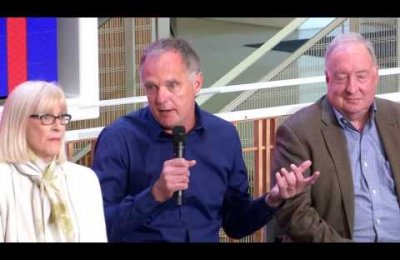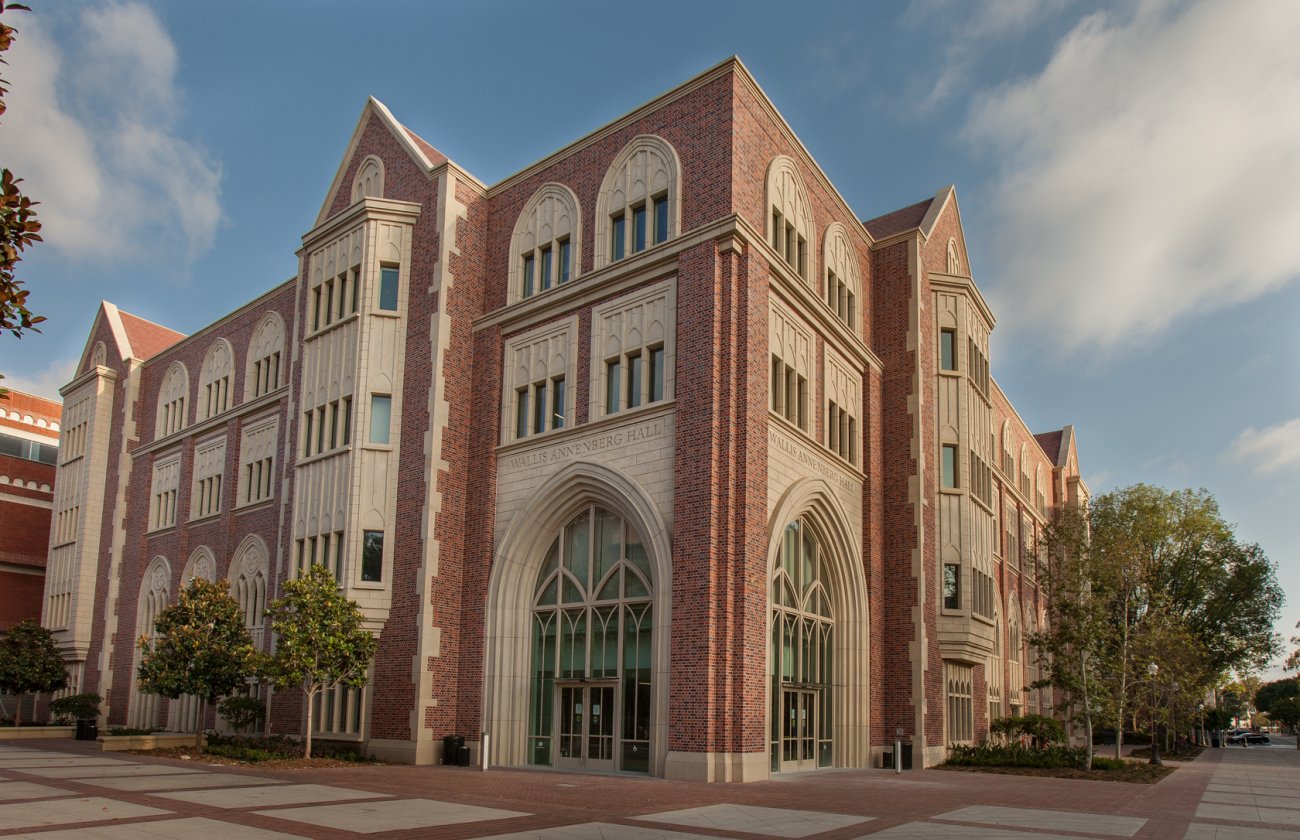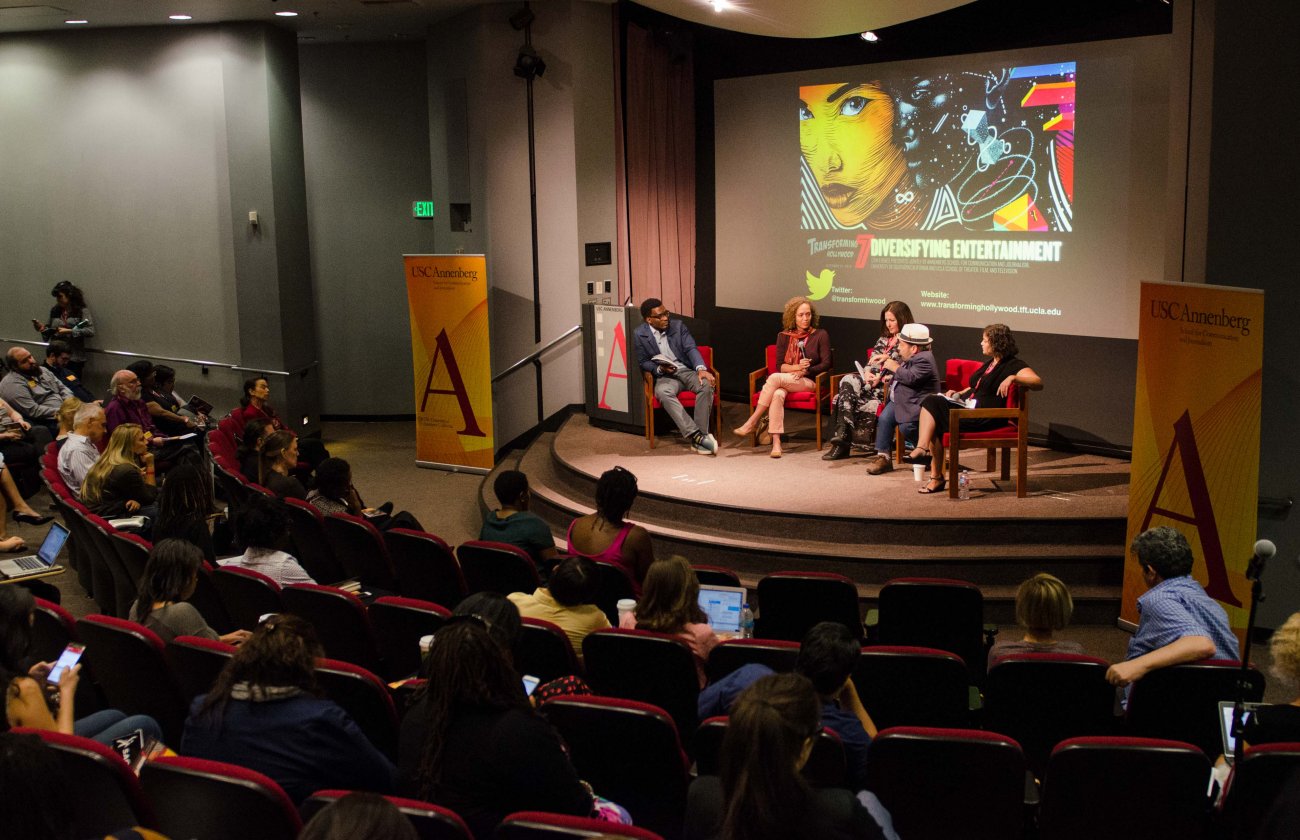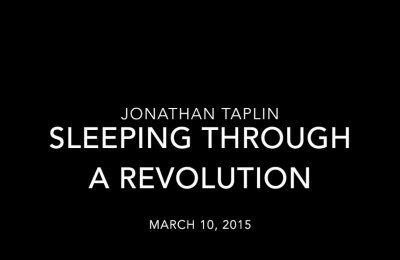Doctoral student Alex Leavitt wrote an article for professor Henry Jenkins' popular blog that summarizes the issues surrounding the Stop Online Piracy Act, and explains why websites such as Wikipedia and Reddit are staging a Jan. 18 blackout to protest the legislation.
"In the past year, we've dealt with various novel political moments around the world that have been enabled or augmented with networked technology, from Anonymous' global 'hacktivist' incidents to the numerous protests in the Middle East, topped off of course with the vibrant grassroots protests of the Occupy movement," Leavitt wrote. "Over the last few months, we've also seen another interesting case study taking place in American politics: rampant opposition to the Stop Online Piracy Act, dubbed as 'the most important bill in Congress you may have never heard of' by Chris Hayes of MSNBC.com."
As an introduction to Leavitt's article, Jenkins, the Provost's Professor of Communication, Journalism and Cinematic Arts, wrote that Americans should be cautious about the deployment of morally fraught terms such as "piracy" when framing public policies because the stakes in these regulatory struggles are more complex than the language might indicate.
"One can argue that the broadcast media has already largely 'gone black' over SOPA -- since they have shown a remarkable unwillingness to discuss this important media policy issue on the air, or at least had refused to do so prior to the statement the Obama administration issued this past week coming out in opposition to SOPA but defining alternative ways that they might confront the war on 'piracy,' Jenkins wrote.
Communication professor Jonathan Taplin also weighed in on the tightrope that President Barack Obama is walking in the battle over SOPA, which Taplin said pits two competing powers that traditionally support Democrats against each other.
"On one side there is Hollywood and the music industry and on the other is Google," Taplin wrote. "There has been an incredible amount of misinformation floating around about piracy for years and of course there are also some real bully boys who will threaten anyone who opposes their right to 'free culture.'"
Journalism professor Andrew Lih, author of The Wikipedia Revolution: How a Bunch of Nobodies Created the World's Greatest Encyclopedia, has also kept readers informed about details of the blackout, SOPA, PIPA, context of Wikipedia activism and coping without Wikipedia through a Storify list of related articles. The New York Times linked to Lih's Storify page in an article about Wikipedia protesting SOPA.
Professor Marty Kaplan, director of USC Annenberg's Norman Lear Center, told the Los Angeles Times that in the fight between Hollywood and Silicon Valley, the Motion Picture Association of America is partly at a disadvantage because tech companies have a higher "brand appeal" in the general public.
"In the fight between a message that says, 'The sites you love will be shut down' and 'The expensive content you love won't be available,' I think Silicon Valley wins that argument," Kaplan said.







